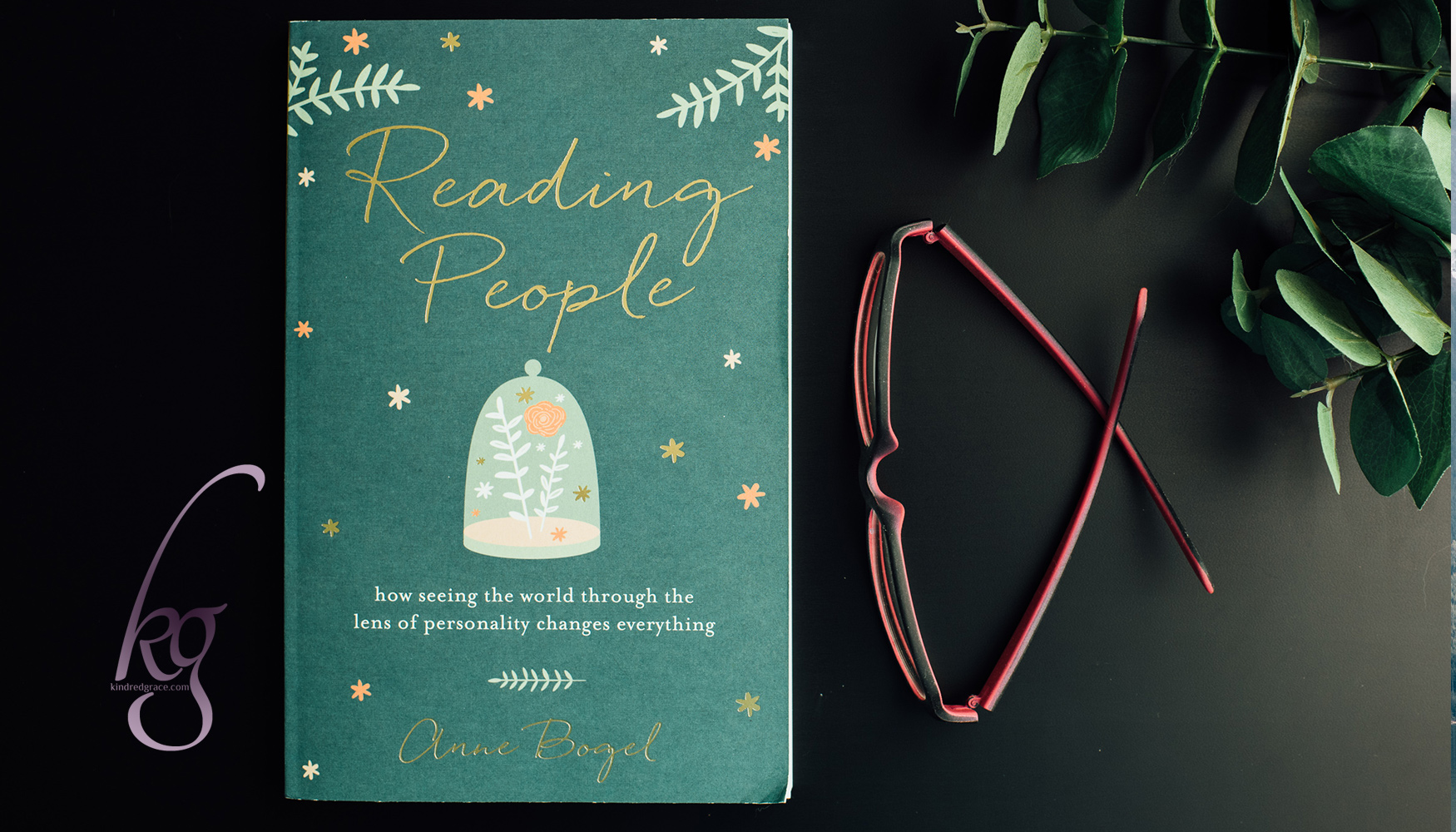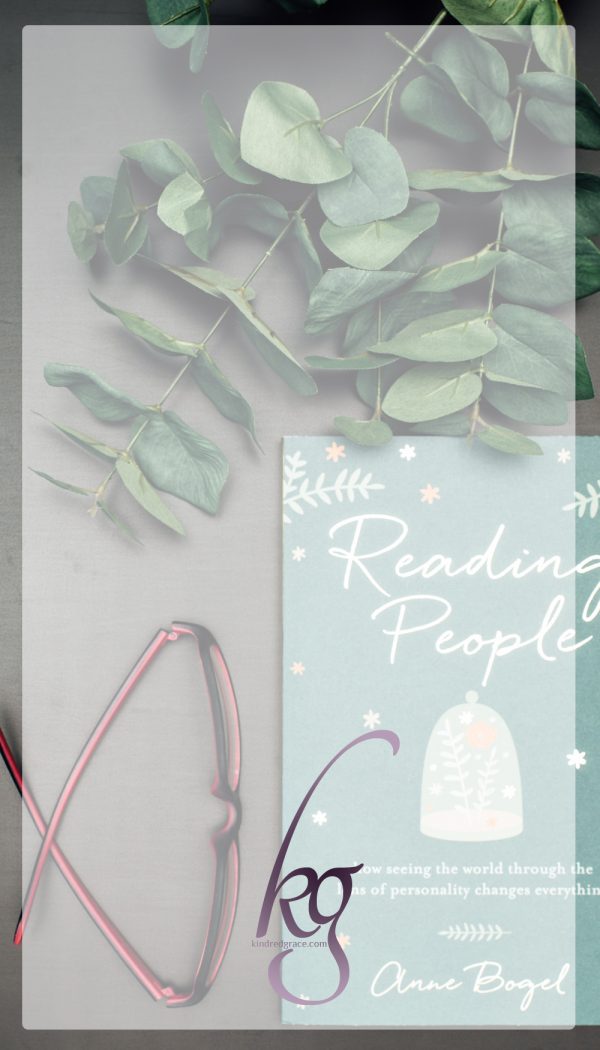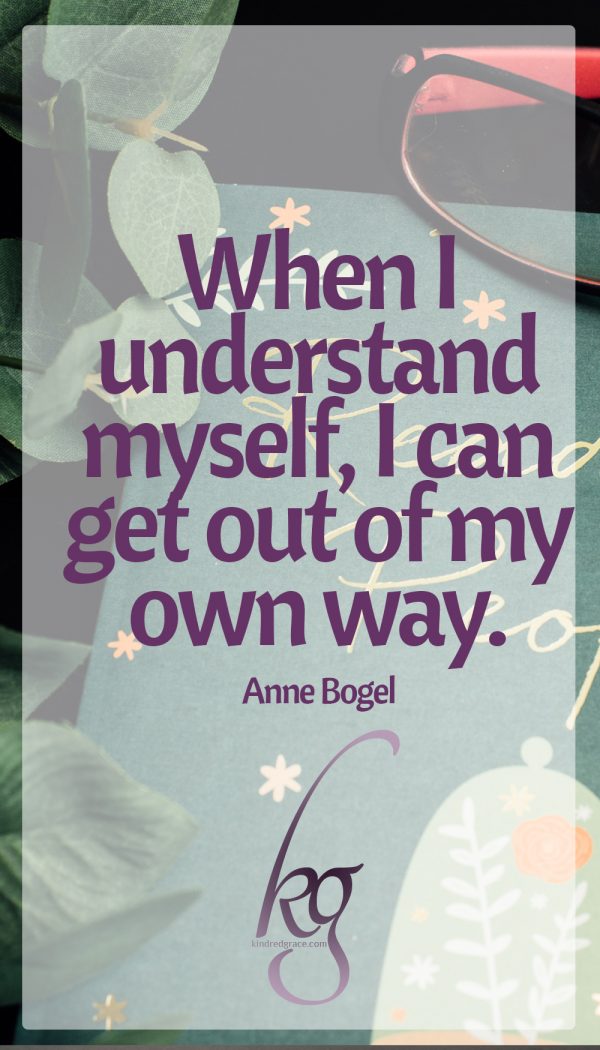Reading People: How I See through the Lens of Personality
My whole job is reading people. Or, as I am learning, I do my job well because I am good at reading people. I watch body language, I pick up on preferences (Do they like my corny jokes or my attempts at intelligent wit? Are they comfortable with PDA or do I need to coach them into position?), I see tensions in the room and work to diffuse it. My job as a wedding photographer is to find ways to ensure my clients are as comfortable as I can make them so I can photograph the real-est version of themselves in the way they will find most flattering. Reading people is how I do that.
I did my first official (read: paid, professional, non-buzz-feed) personality assessment this summer and was jokingly dubbed a chameleon, able to fit in with just about anyone and enjoy it but also able to pick up on (and internalize) unspoken, unacknowledged emotions (good or bad!). I see this at almost every wedding reception I shoot: as the dance floor opens up the music drowns out any ability to hear words but I am able to read clearly (almost as vividly as words on a page!) the emotions around me (a wedding reception has a lot of emotions, by the way) and use this knowledge to often anticipate where and when the next memorable photo is going to happen. See? Reading people is my job.
Sitting down to read Anne Bogel’s Reading People, I arrogantly assumed I wouldn’t learn much. “I do this all the time,” I shrugged. “What can she possibly say that I don’t already know?” Boy, was I wrong. Anne put a lifetime of personality study into 209 pages full of research and anecdote, leaving me with 209 pages of learning.
1. Self-Awareness is a Perpetual Journey.
As I age, I am becoming keenly aware that decisions I make today will deeply impact (for good or ill) my future self.
“Be careful of how you act…because people don’t change that much as they get older.” (page 193)
Being aware of my innate weaknesses and celebrating my built-in strengths allows me to actively build habits and patterns that will ensure the Jennifer of tomorrow is stronger and healthier than the Jennifer of today.
Extra fascinating to me is that my personality preferences dictate that I am more apt to want to be on this journey self awareness. My husband and I walk this all the time: I am ever surprised that he has no interest in evaluating the “why” of every action and attitude, contrasting my need to know “why” in every conversation. Eventually I will learn it’s just our different styles, right? Right.
2. God has gifted each of us with our unique personality.
I hadn’t before thought of personality as a spiritual gift, but recognizing that I am created in God’s image and that He has given us all “gifts differing according to the grace that is given to us” (Romans 12:6) excites me.
“Each temperament has great strengths, but no one temperament has every possible strength. We can’t be tradition and cutting-edge, detail-oriented and big-picture-oriented, staid and spontaneous.” (page 108)
But somehow, in God’s omniscience and omnipresence, He is all the things. I have been known to say that we are all weird, but I like my kind of weird best. Anne says it a little better:
“People are not out to get us or trying to ruffle our feathers; they’re just different — a different kind of normal.” (page 56)
3. Meyers Briggs is just as complex as I assumed it would be, but it’s not an impossible lesson.
It’s a good thing Anne started with relatable, easily understood methods of Reading People in the first chapters. By the time she jumped into Meyers Briggs, my fear of the alphabet soup almost trumped my desire to understand the acronyms but her conversational ability to simplify complex concepts helped me persevere.
While my knowledge has increased exponentially, I am still not a MBTI guru and I still don’t understand which combination of letters best describes my “pattern of mental behavior” (page 140) — just full disclosure here! — but I think I’ll be able to participate in MBTI conversations now without proving myself completely ignorant. For me, that’s a win.
I especially enjoyed learning that there may be a biblical background and basis for the Meyers-Briggs method, though. Somehow that also helped me want to overcome the acronym aversion and eventually make it into a place of knowledge.
4. My marriage, work, and friendships benefit by understanding personality.
I saw this most keenly the day after my husband and I took the Personal Style Indicator assessment this summer. Freshly armed with a deeper understanding of our personal style and preferences, we walked with grace and kindness a conflict that historically would have turned into a land mine of emotionally driven miscommunication. Instead of being fraught with tension and frustration, we worked through the challenge and turned a difference of opinions into a beautifully bonding conversation. After five years of marriage and navigating this same conflict many times, the win was huge.
“I’ve come to think understanding personality is like holding a good map. The map can’t take you anywhere. It doesn’t change your location; you’re still right where you were before. But the map’s purpose isn’t to move you; it’s to show you the lay of the land. It’s the tool that makes it possible for you to get to where you want to go.” (page 15)
I am especially thankful for Anne’s overview of personality frameworks. She gave me enough information to be helpful, but not enough information to feel like an expert; through her recommended resources, I now know where to go next for the next pieces of the personality map.
5. Self-awareness will be of no benefit if it isn’t combined with successful change.
I have to be honest with myself (one of the hardest parts!) and then be willing to do the work that will result in life-altering change.
“When I understand myself, I can get out of my own way.” (page 196)
Change isn’t learned in a book, but change always starts with with awareness. I am inspired toward change as I dig deeper into the enormous impact personality styles have on my everyday and the vast benefits I can glean from some intentional, informed reading of people.
“Learning about personality has helped me make peace with the way I was made (even though some days I’d rather trade myself in for a different model). It has helped me understand the people I love, live with, and work with, and it has helped me accept the way they were made, which is to say, differently from me.” (page 201)
Disclosure: Jenni received a complimentary review copy of Reading People.




Jenni, I just finished reading Anne’s book this week and absolutely loved it. It’s been on my list since before your review but I came back to read this post because I can’t get over how good it was. Silly me, I delayed reading it for the exact reason you thought you wouldn’t get anything out of it. I’m a personality type geek so of course I know all there is to know already, right?! Wrong! Anne does such a good job of explaining even the metrics I know well, and actually managed to introduce me to a few new ones as well! I’m going to recommend this book over and over, I know. 🙂
Thanks again for your review!